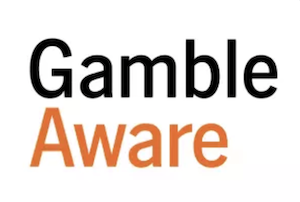A new UK study claims that adults from minority communities who have a gambling issue are 50 per cent more likely to have experienced racism or discrimination in public, compared to those with no gambling issues.

The findings from Ipsos UK and ClearView Research, supported by the University of Manchester and published by GambleAware, also claim that minority communities are three times more likely than White British people to use gambling as a coping mechanism to deal with challenges in life.
Some participants in the qualitative research described a link between their experiences of discrimination and racism, and susceptibility to gambling harms, GambleAware said.
The GambleAware report also found that people from minority communities were less likely than people from the White British majority group to say they would feel comfortable talking to friends and family about gambling concerns.
They would also be less likely to feel comfortable talking to a charity or gambling support service, the study said.
“Some participants in the study also said they felt they and others from minority groups could be disproportionately influenced by gambling marketing and advertising,” the report noted.
“They noted that having limited understanding about the risks involved in gambling could have made them more susceptible to the gambling marketing and advertising they saw.”
Zoë Osmond, CEO of GambleAware, said: “Gambling harms can affect anyone, but they can be more common and more damaging in communities that face social inequality – such as these minority groups.”
Anna Hargrave, GambleAware’s chief commissioning officer, added: “Our new funding programme is a response to research which demonstrated that both women and people from minority ethnic and religious communities face additional burdens of gambling harm as well as barriers in accessing services which meet their needs.
“Through the fund we will aim to reduce the inequality of experience of gambling harm for women and people from minority religious and ethnic communities.”